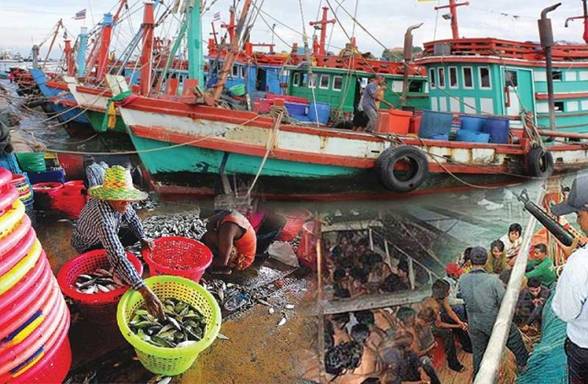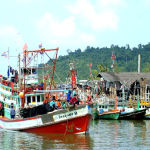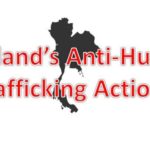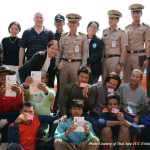
Ministry of Foreign Affiars: Press Release on 28 March 2015, In response to recent reporting by news agencies and NGOs on forced labour in the fishery industry alluding to involvement of Thailand’s interests, the Ministry of Foreign Affairs wishes to inform of the facts regarding Thailand’s efforts in the fight against human trafficking as follows.
1. The Royal Thai Government gives utmost importance to combating human trafficking and in bringing the perpetrators to justice to the fullest extent of the law. The Prime Minister has designated this issue as a top national priority and directed all relevant agencies to integrate their work in order to expedite anti-trafficking efforts.
2. On 26 March 2015, the National Legislative Assembly finally passed amendments to the Anti-Trafficking in Persons Act (B.E. 2551) to impose harsher penalties on human traffickers, improve inspections and better protect witnesses. Under new changes, traffickers could face up to life imprisonment and a maximum fine of 400,000 baht, nearly triple the original level. Authorities will also have the power to halt operations and immediately suspend licenses of business found to be involved in human trafficking.
3. Regarding investigation of alleged cases, the Department of Special Investigation (DSI) has begun official investigation into the Indonesian island of Benjina incident well before the publication of recent news reports. The investigations revealed a connection among human trafficking cases found in the waters off Ambon and Benjina islands. Three persons have already been arrested on human trafficking charges and further probes into other suspects have been ongoing for some time now.
4. The government has initiated measures to solve the problem at the root cause and mitigate risks in the long term. One such measure was the registration of at least 1.6 million foreign migrant workers, a majority working in the fisheries industry. These workers will receive the same legal protection as Thai labourers which will lessen their chances of being exploited.
5. The government has carried out a no impunity policy in punishing state officials involved in human trafficking. Criminal actions are being pursued against human traffickers, including brokers and illegal employment agencies. Investigations into complex cases have provided useful leads into a wider criminal network resulting in more significant arrests.
6. An improved monitoring and surveillance system in the fishery industry will be implemented. Measures include mandatory installation of vessel monitoring systems (VMS) in 7,740 large-scale fishing vessels to be completed this June, along with regular random inspection of fishing vessels. A Port-in/Port-out surveillance will help monitor the labour welfare and develop a traceability system of catch throughout the supply chain.
7. Most importantly, the Royal Thai Government stands ready to cooperate with all stakeholders in suppressing human trafficking. We would welcome the contribution of the private sector, civil society and the media in providing credible information that could provide leads into further investigations and prompt apprehension of perpetrators.




